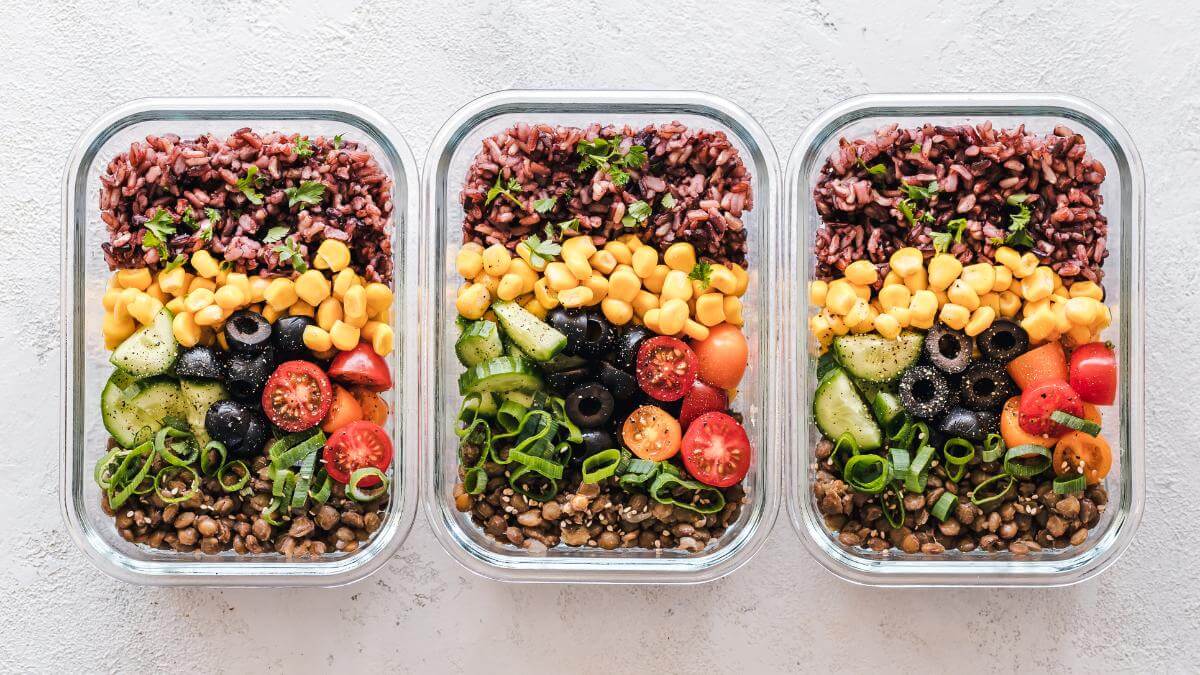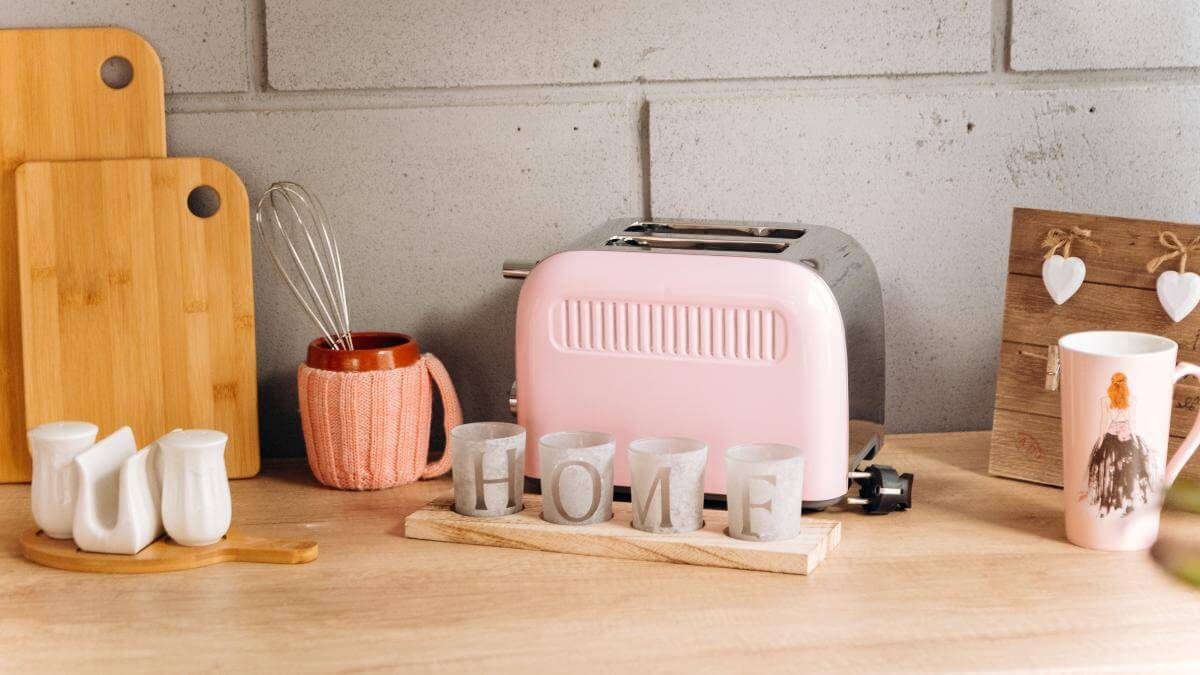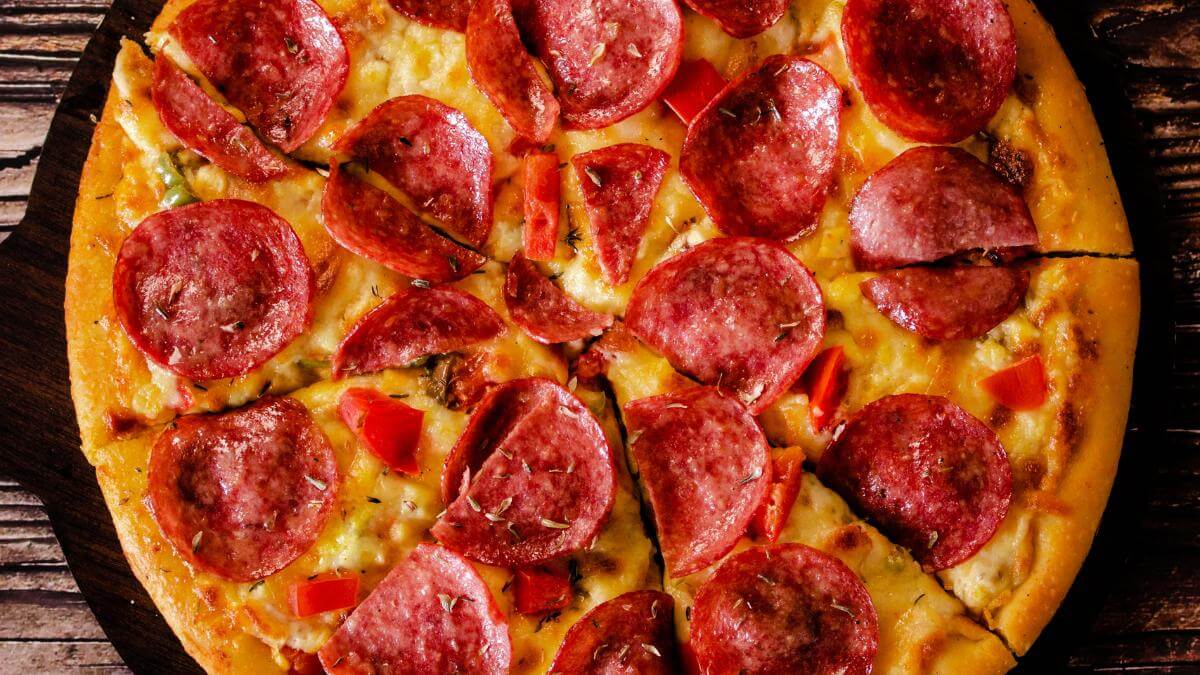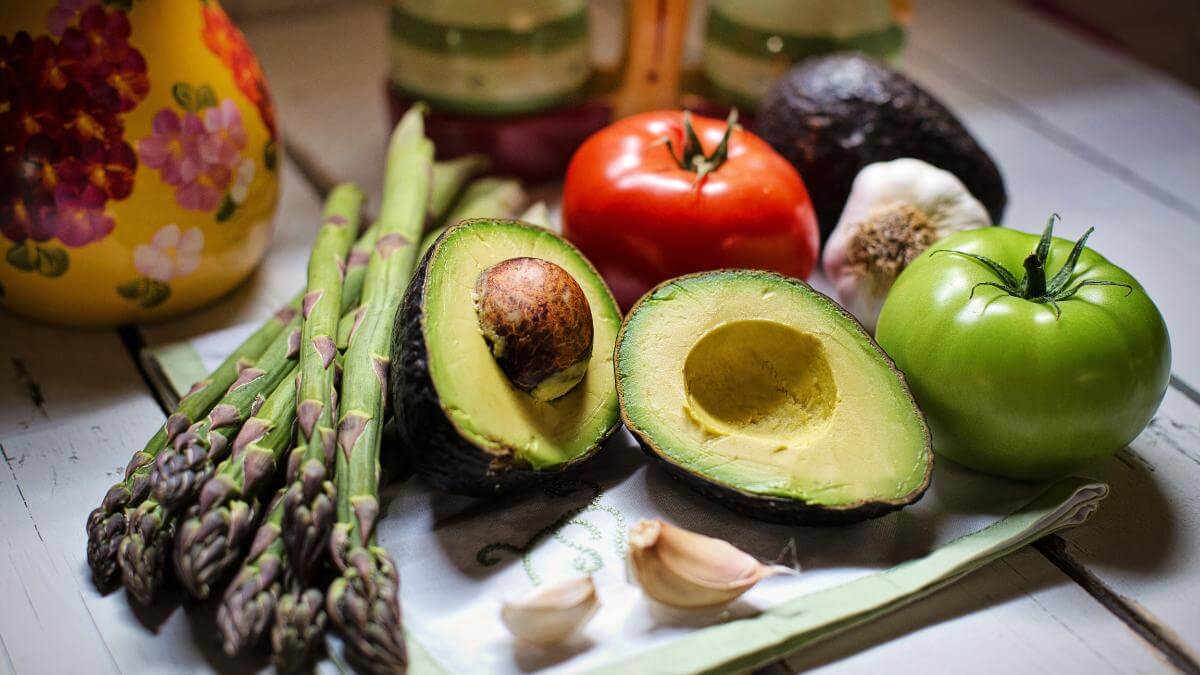Maintaining a gluten-free diet can be challenging, especially when you're just starting out or if you have a busy lifestyle. Whether you have celiac disease, gluten intolerance, or simply choose to avoid gluten for health reasons, here are some tips to help you easily stick to a gluten-free diet.
Educate Yourself

Learn which foods contain gluten and which are naturally gluten-free. Common gluten-containing foods include wheat, barley, rye and their variations. Opt for naturally gluten-free alternatives like rice, quinoa, corn, and potatoes.
Read Labels

Always read food labels carefully to identify any hidden sources of gluten. Ingredients like modified food starch, malt, and natural flavors may contain gluten. Look for certified gluten-free labels to ensure the product meets strict gluten-free standards.
Plan Ahead

Plan your meals and snacks ahead of time to avoid being caught off guard. Stock up on gluten-free staples like fruits, vegetables, lean proteins, nuts, and certified gluten-free grains. Having gluten-free options readily available will make it easier to stick to your diet.
Cook at Home

Cooking your meals at home allows you to have better control over the ingredients and preparation methods. Explore gluten-free recipes and experiment with new flavors and ingredients. Invest in gluten-free cookbooks or browse online resources for inspiration.
Communicate Clearly

When dining out or attending social gatherings, communicate your dietary needs clearly to servers, hosts, or friends. Don't hesitate to ask questions about menu items and how they're prepared. Many restaurants now offer gluten-free options or can accommodate special requests.
Be Cautious with Cross-Contamination

Cross-contamination can occur when gluten-free foods come into contact with gluten-containing surfaces or utensils. To prevent cross-contamination, use separate cooking equipment, cutting boards, and toasters for gluten-free items. Wash your hands thoroughly after handling gluten-containing foods.
Explore Gluten-Free Alternatives

Fortunately, there are plenty of gluten-free alternatives available for your favorite foods. Experiment with gluten-free pasta, bread, crackers, and baked goods. Many supermarkets and health food stores offer a wide selection of gluten-free products to choose from.
Stay Informed

Stay up to date with the latest research and information about gluten-free living. Join online forums or support groups to connect with others who are following a gluten-free diet. Sharing experiences and tips can provide valuable support and encouragement.
Focus on Whole Foods

Prioritize whole, unprocessed foods in your diet, such as fruits, vegetables, lean proteins, and legumes. These foods are naturally gluten-free and provide essential nutrients to support your overall health and well-being.
Stay Positive and Flexible

Adjusting to a gluten-free lifestyle may take time and patience. Focus on the positive aspects of your diet and the improvements in your health and well-being. Be open to trying new foods and recipes, and don't be too hard on yourself if you occasionally slip up. Remember, every step towards a gluten-free lifestyle is a step towards better health.
More from Gluten Free Supper:

Leave a Reply